Boarding @ Home: Day 110/84: Vera Lynn ... and let battle commence!
Dame Vera Lynn's funeral was held today. It was ironically held on the 80th anniversary of the start of the Battle of Britain. The primary objective of the German attack was to compel Britain to agree to a negotiated peace settlement. On July 10th, barely 6 weeks after Dunkirk [Day 65/84], an air and sea blockade began with the Luftwaffe bombers mainly targeting coastal-shipping convoys, ports and shipping centres such as Portsmouth to facility a seaborne invasion. But on 1 August the Luftwaffe was directed to achieve air superiority over the RAF with the aim of incapacitating RAF Fighter Command and 12 days later shifted the attacks to RAF airfields and infrastructure. The two most numerous bombers were the German Dornier and Heinkel; the RAF Hurricane pictured below and the much acclaimed Spitfire worked in a complementary manner with the Spitfire's role to attack accompanying German fighters.
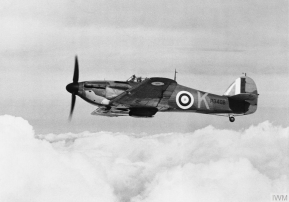 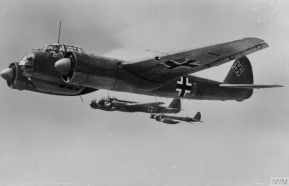
As the battle progressed the Luftwaffe also targeted factories involved in aircraft production and strategic infrastructure eventually moving to terror bombing on areas of political significance and on civilians and the start of the London Blitz - the German word for lightning. The Germans had rapidly overwhelmed France and the Low Countries leaving Britain to face the threat of invasion by sea. The German High Command recognised the logistic difficulties of a seaborne attack and its impracticality if the the Royal Navy controlled the English Channel and the North Sea as it did. Nonetheless on 16th July Hitler ordered the preparation of Operation Sea Lion as a potential amphibious and airborne assault on Britain once the Luftwaffe had air superiority over the RAF. In September RAF Bomber Command night raids disrupted German preparation of converted barges and with the Luftwaffe's failure to overwhelm the RAF Fighter Command Hitler was forced to postpone and eventually cancel Operation Sea Lion. Unable to sustain daylight raids the Luftwaffe continued night-bombing terror operations on Britain which became known as the Blitz for a further 9 months.
Vera Lynn's singing career was already in flight …. Her first solo recording was in 1935 of Up the Wooden Hill to Bedfordshire. And she recorded We'll meet again … in 1939 as war broke out. She had a totally unique, fine and readily recognisable voice. It was a Daily Express poll that voted her the Forces Sweetheart and throughout the war she entertained below ground in London's tube stations and through ENSA with forces across the world - notably earning the Burma Star [like Captain Sir Tom] for her work close to the front lines with soldiers there. She was for some 18 months after the fall of Singapore blacklisted by the military top brass as too sentimental and her show was taken off air by the BBC; but she came back by popular demand. Her most recognised wartime songs of course included .. White cliffs of Dover.. and When a Nightingale sang in Berkley Square. Post war she topped charts with Auf wiederseh'n sweetheart and was an iconic presence at any/ all remembrances for WWII - most recently the commemoration of VE Day [Day 47/84]. Although a London Eastender by birth she lived much of her later life in Ditchling in Sussex where they were honoured with a flypast today just for her!
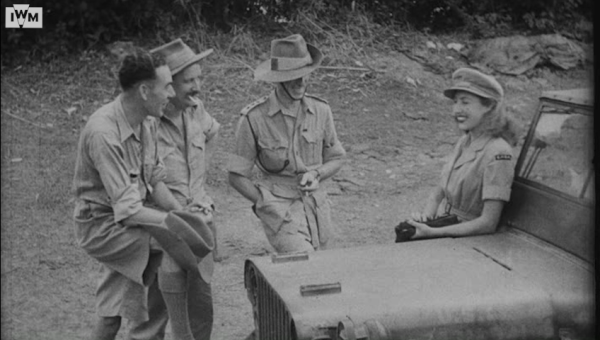
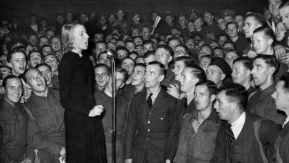 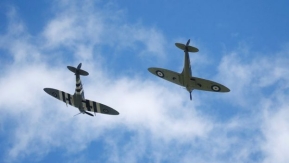
Published Date: July 10th 2020
|





